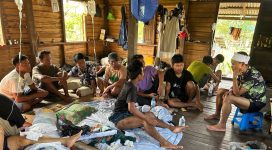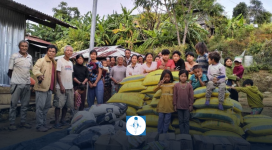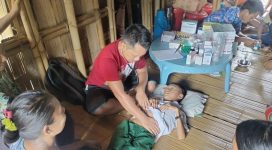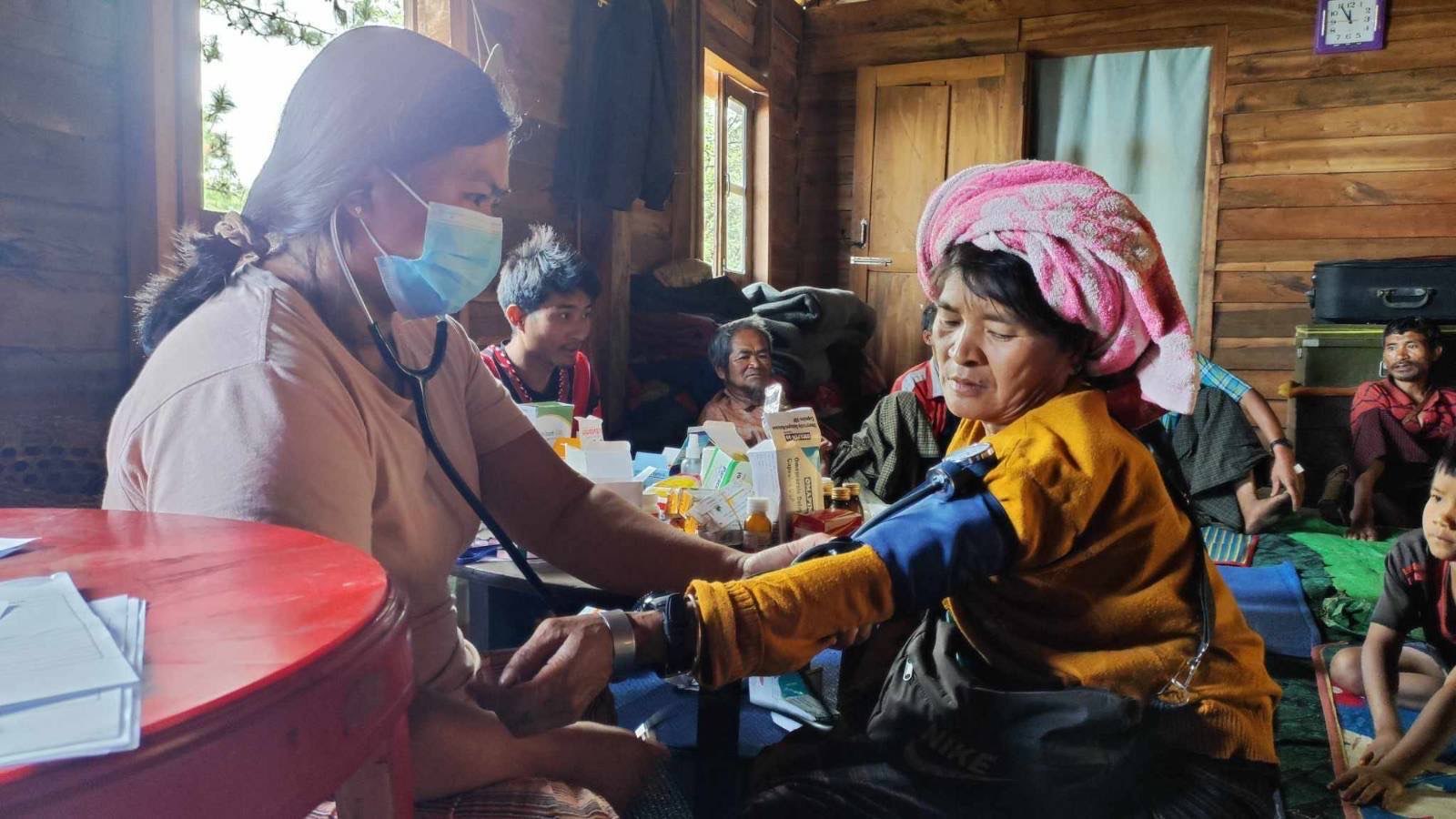
Written Testimony of CHRO at U.S. Commission on International Religious Freedom Hearing
The U.S. Government could consider increasing support for the investigation and documentation of human rights abuses committed by the SAC toward religious minorities in Burma, including abuses targeting Christians, and support ongoing attempts to hold the SAC accountable under universal jurisdiction.









